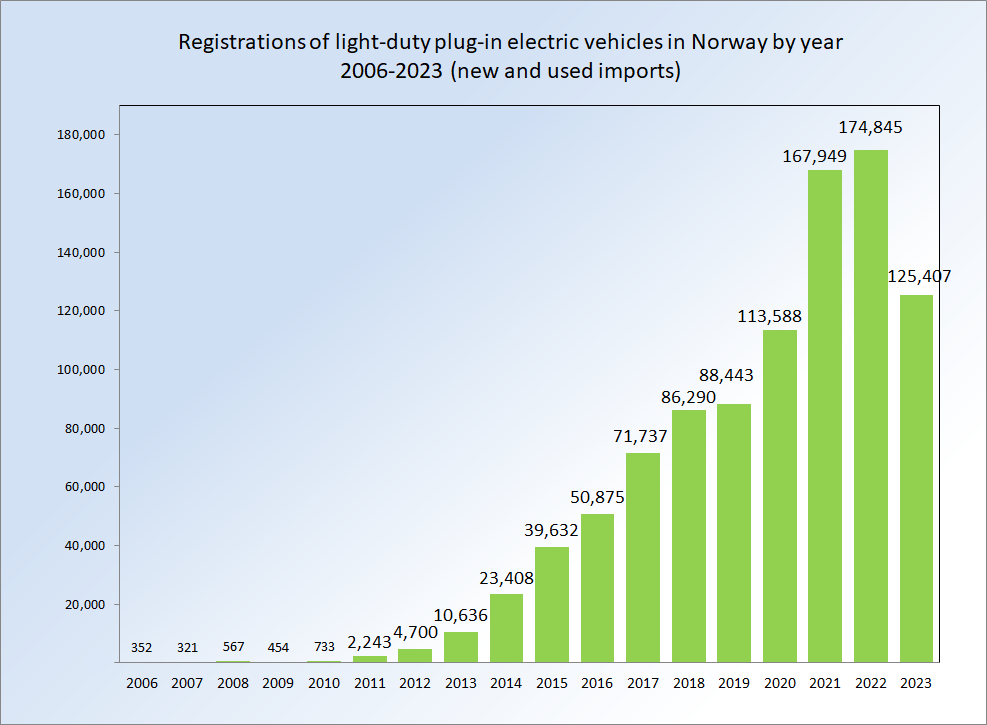ssiguy2
Senior Member
Thank you for such a well reasoned and thoughtful rebuttal. The Titanic sank 20 years earlier so maybe we should ban passenger ships too?We tried hydrogen aircraft a century ago, albeit in the form of airships.
We knew how that went:

Source: Wikimedia Commons
We maybe able to fly to Mars on a Duracell in a 100 years but we don't have 100 years or even 50. Decarbonization of our entire transportation sector must begin as soon as possible if we are to save this planet and batteries are a VERY long way off for any meaningful long distance transportation or major industrial/agricultural uses. To put into perspective how truly ridiculous it is to expect our planes to be running on batteries, the current large Tesla SUVs are illegal on the Brooklyn Bridge due to being over the bridge's weight tolerance and it's all due to the batteries.
When you can't even get a battery SUV over a bridge, how the hell are you going to get a plane carrying 100+ passengers off the ground and fly for thousands of km? This is why NONE of the large aerospace manufacturers are putting any money into batteries but billions into hydrogen.






